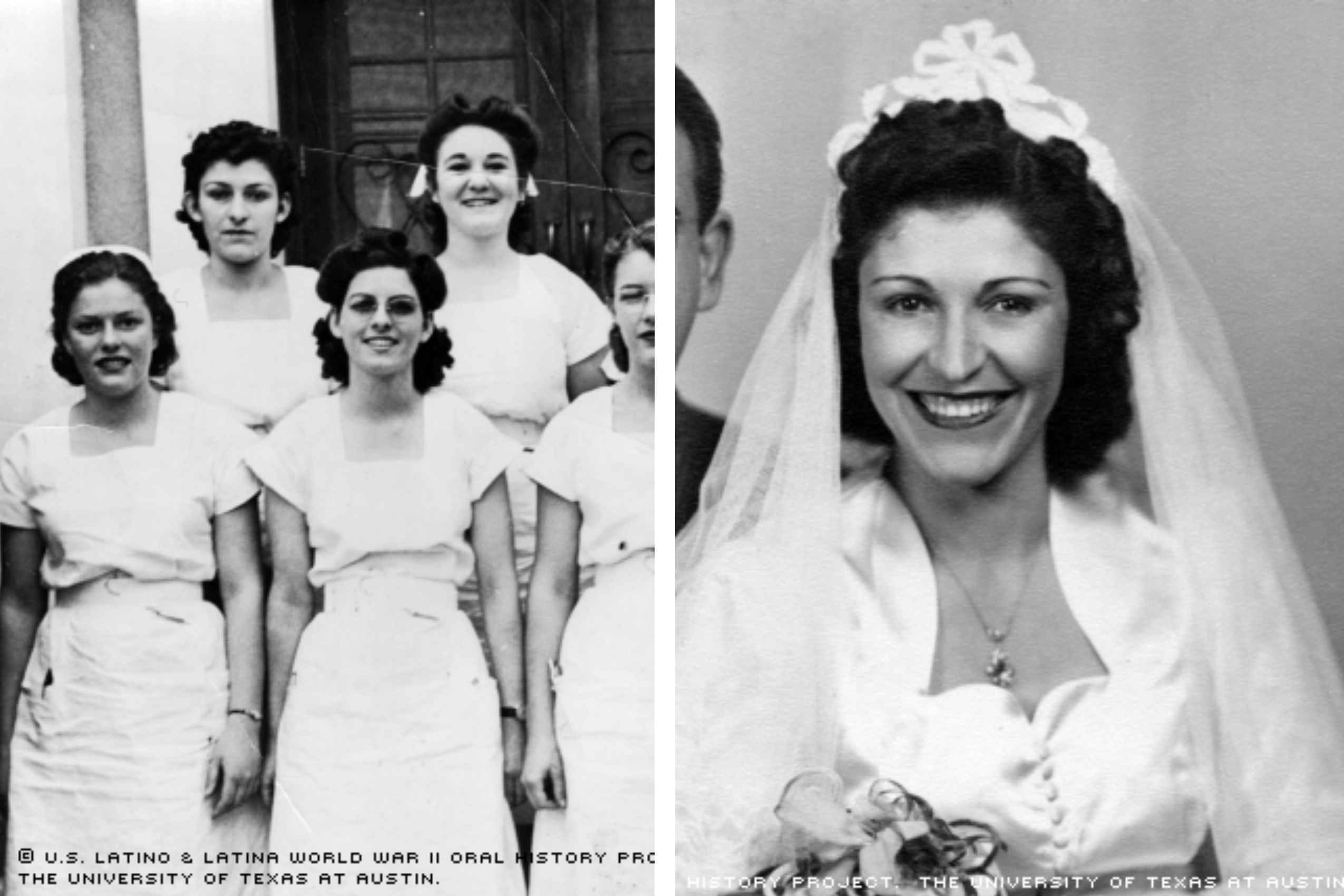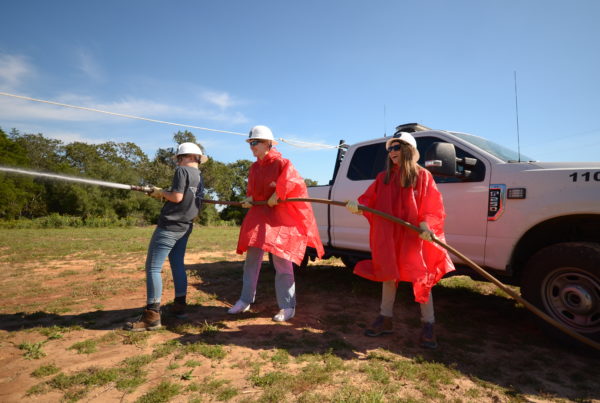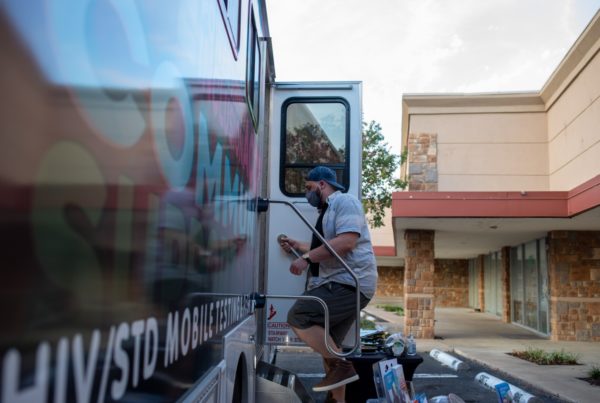Apolonia Muñoz Abarca was, in many ways, ahead of her time. While many in the 1940s and ’50s were squeamish about conversations about birth control, Abarca provided resources and education to young Latina mothers.
“At that time, the word birth control was a no-no. But I was daring, I guess.”
It was an attitude that defined her career.
Abarca was born in 1920 in Mission, Texas – a border town just west of McAllen. Her father owned a meat market and her mother stayed home to take care of the couple’s ten children. Abarca discovered her lifelong calling at a young age.
“I was always doing volunteer work since the age of 13,” Abarca said. “I remember, I know that I helped a nurse take children to Galveston for treatment. And also remember volunteer[ing] for the Department of Immigration, interviewing people in filling out their forms at a very early age, because that was my personality to help people.”
Abarca knew the challenges her family faced economically. Still, her parents insisted on their children getting an education – even though, at the time, most Mexican Americans didn’t even finish high school.
“Going to college was very difficult when the three of us were going to college at the same time,” Abarca said.
In 1941, Abarca left Mission and moved about 160 miles away to Corpus Christi to study nursing. She was the only Latina in her class.
“Talking about discrimination since I was the only Latin in the class, I was a little apprehensive really, because it was a new experience,” Abarca said. “I’ve never been away from home living with Anglos.”
The situation was similar for Abarca’s roommate.
“She came from Pounding Mill, Virginia, and so, she had never been around Latinos,” Abarca said. “She came because she thought she would see a lot of cowboys. And she had heard that the Mexicans would kill you… That they had knives and they’d kill you. And here she is… I am her roommate.”
They eventually became good friends.
Abarca graduated in 1944 and started working as a nurse at the new Memorial Hospital in Corpus Christi.
“We’re just setting up the hospital. So, I helped set up the operating room and the emergency room,” Abarca said. “And I worked there for a while I don’t recall how many months or years but then I was promoted to director, supervisor of nurses for the outpatient clinic.”
In 1945, Abarca worked at a federal Public Health Service clinic, treating soldiers suffering from venereal diseases.
“At that time, nurses made $160 a month. I got an offer for $250 so I joined the US public health service in the hospital here in town. And it only lasted for a year because the war was already, you know, coming towards the end,” Abarca said.
Throughout her career, Abarca advocated for family planning. She worked at the South Texas Planned Parenthood Center and lobbied for federal funds as part of President Lyndon B. Johnson’s War on Poverty programs.
“I participated in the obtaining of the first federal grant in the United States for family planning in Corpus Christi and that was in 1964,” Abarca said.
At that point Abarca was the executive director of the South Texas Planned Parenthood Center. She oversaw the opening of four women’s health clinics, giving lower-income women greater access to reproductive health care. In 1966, Abarca told an interviewer that Planned Parenthood volunteers sought out pregnant women coming to the Corpus Christi charity hospital and they also talked to women who were recovering from childbirth. The Planned Parenthood volunteers said if the women didn’t want another baby the following year to visit one of their clinics. Abarca said they rarely had anyone flatly reject the idea.
In her final career move, in 1970, Abarca became director of nursing services at a Corpus Christi state school. She retired in 1974.
“I always ended up with just administrative jobs. I never had to do bedside nursing which is very unusual, especially for a Latino just to be at the top, always at the top,” Abarca said.
Abarca died in 2009. She is remembered for helping make birth control a more normalized choice for women and men.
This story was produced in collaboration with the Voces Oral History Center at UT Austin’s Moody College of Communication as part of Texas Standard’s recognition of Hispanic Heritage Month.














